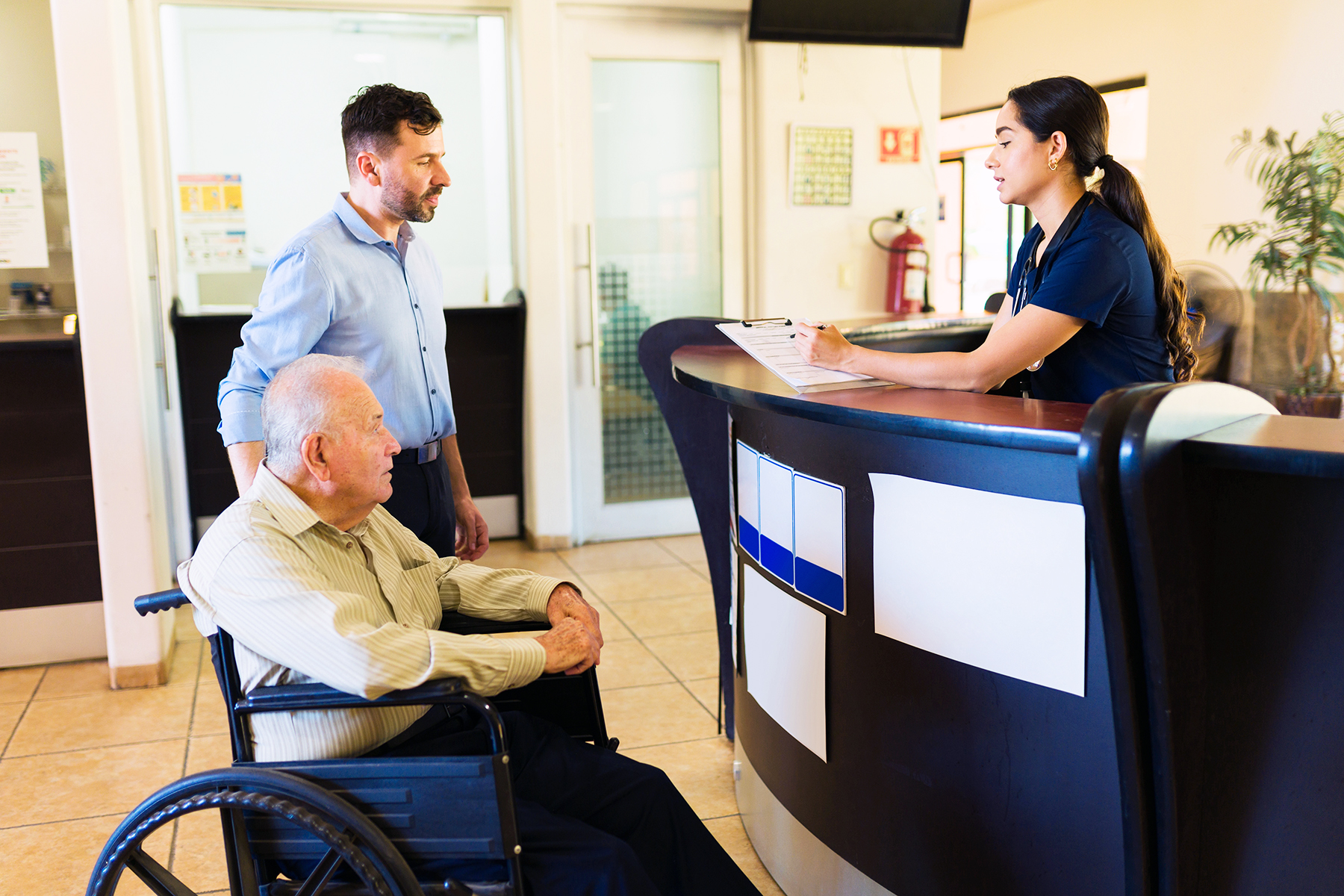
For residents in assisted living, holiday meals are not just about sustenance; they are an integral part of the communal spirit that defines these communities. As residents prepare to come together for festive feasts, prioritizing food safety is paramount to guarantee a healthy and enjoyable celebration.
Food Safety Tips for a Festive Feast:
1. Safe Food Handling Practices:
• Emphasize proper handwashing and glove use for staff involved in food preparation.
• Ensure all utensils and surfaces are regularly sanitized to prevent cross-contamination.
2. Temperature Control:
• Monitor and record food temperatures regularly to prevent bacterial growth.
• Keep hot foods hot (above 140°F) and cold foods cold (below 40°F).
3. Proper Storage Procedures:
• Safely store perishable items, ensuring refrigerators are at the appropriate temperature.
• Label and date food items to facilitate organized storage and timely consumption.
4. Regular Kitchen Inspections:
• Conduct routine inspections of the kitchen to identify and address any potential food safety hazards.
• Maintain open communication between staff members regarding kitchen safety concerns.
5. Adapted Culinary Techniques:
• Consider modifying traditional recipes to align with residents’ dietary needs and safety requirements.
• Experiment with healthier alternatives without compromising the festive flavors.
Spread the Festive Joy, Not Germs
By prioritizing food safety in assisted living communities during the holiday season, staff and residents can create memorable celebrations without compromising health and well-being. The goal is to spread festive joy while fostering an environment that ensures the safety and happiness of everyone involved.
Nourishing the Body and Spirit
As the holiday season approaches, let’s embrace the joy of meals in assisted living communities. By adhering to food safety guidelines, we not only ensure a delightful culinary experience but also create cherished moments that resonate with the spirit of togetherness and care that defines the essence of assisted living. Cheers to a safe, happy, and healthy holiday season!
Need help ensuring you are adhering to Minnesota Food Code requirements. Senior Care Solutions can assist with providing a comprehensive kitchen audit.
Julie Dietz, RN, PHN
VP of Community-Based Services























